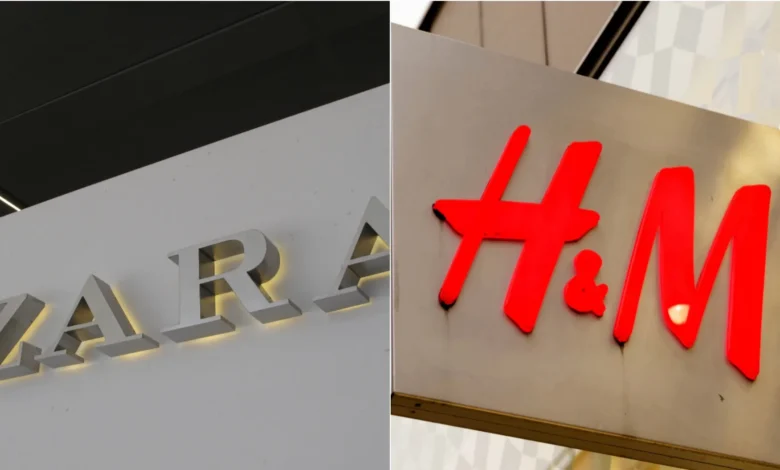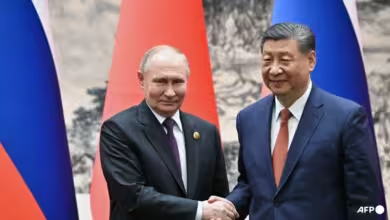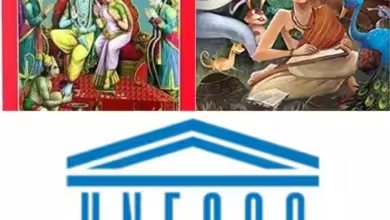H&M and Zara linked to Brazil deforestation, land grabbing, and corruption scandal
According to the Earthsight report, in the past 12 years, land in the Cerrado equal to 40,000 soccer fields has been destroyed within SLC's farms

H&M and Zara are sourcing their cotton from Brazilian farms involved in significant deforestation
The latest report from Earthsight has aired out the dirty laundry of big fast fashion brands Zara and H&m. Despite their claims of sustainability and ethical production, a year-long investigation by Earthsight found that these brands are sourcing their cotton from Brazilian farms involved in significant deforestation, land seizures, corruption, violence, and human rights abuses. Over the course of a year, Earthsight delved into the link between crops in Brazil, a major cotton producer globally, and European brands.The report known as “Fashion Crimes” is based on satellite images, court decisions, shipping documents, public records, and on-site visits; it follows the journey of 816,000 tonnes of cotton, exported from 2014 to 2023.

The report found that these companies were purchasing “tainted” cotton from the Cerrado savanna, the planet’s richest savanna in biodiversity, grown by big Brazilian agribusiness players like SLC Agricola and the Horita Group. According to the Earthsight report, in the past 12 years, land in the Cerrado equal to 40,000 soccer fields has been destroyed within SLC’s farms. Horita, the second major player in the report, is accused by Earthsight of engaging in violent land disputes with indigenous communities. SLC Agricola and the Horita Group have a history of legal actions, corruption cases, and hefty fines due to their involvement in clearing about 100,000 hectares of the Cerrado wilderness.
As Brazil’s agribusiness sector turned its focus to the Cerrado, this unique landscape has rapidly vanished, facing an alarming decline in recent years. The report mentioned that the cotton material grown in Bahia, a north-eastern state of Brazil, was made for eight Asian companies. From 2014 to 2023, these companies produced about 250 million retail products, some of which were supplied to brands like H&M and Zara, as per the investigation.
Rubens Carvalho, who leads the Deforestation Research department at Earthsight stated :
“It’s shocking to see these links between very recognisable global brands that apparently don’t make enough effort to have control over these supply chains. To know where the cotton comes from and what kind of impact it causes.”
The cotton, despite being associated with abuses during its production, was labeled as ethical by the prominent certification program Better Cotton. This revealed significant shortcomings in the oversight system, according to the British environmental organization. Better Cotton released a statement saying that they have completed an independent audit regarding the problems related to three licensed farms in Bahia, Brazil. They assured to provide a summary of these findings to Earthsight and all members.
Additionally, they stated that if the farms fail to meet Better Cotton Standard requirements, their licenses will be suspended or revoked following the established procedures. INDITEX, the parent company of Zara, and H&M expressed their serious concern about these accusations and encouraged Better Cotton to share the auditors’ results.
On the other hand, the Brazilian Cotton Producers’ Association (ABRAPA) claimed to be working with the implicated growers to present records and evidence refuting the report’s claims. Later they released a statement stating :
“Unfortunately, these were largely disregarded,”
“ABRAPA unequivocally condemns any practices that undermine environmental conservation, violate human rights or harm local communities.”
The EarthSights investigation raises serious concerns about major fashion brands like H&M and Zara’s sourcing practices. This emphasises the crucial role of sustainable and ethical sourcing to minimize environmental and social impacts, urging companies and certification bodies to take decisive action. The role of certification schemes like Better Cotton also requires stronger oversight and accountability in the fashion industry’s supply chains.
You might also be interested in: Not necessary for voters to know every detail of politicians’ assets: SC



